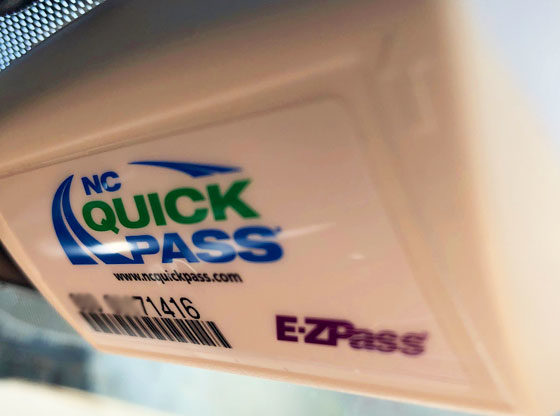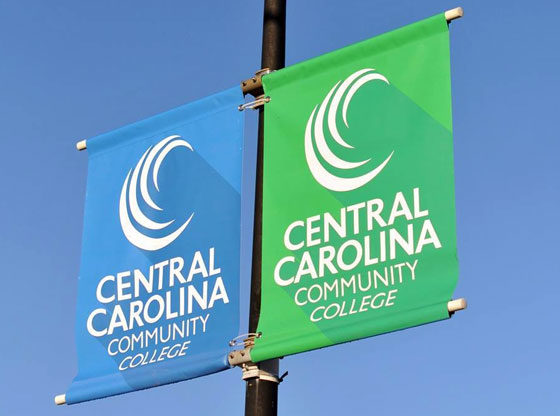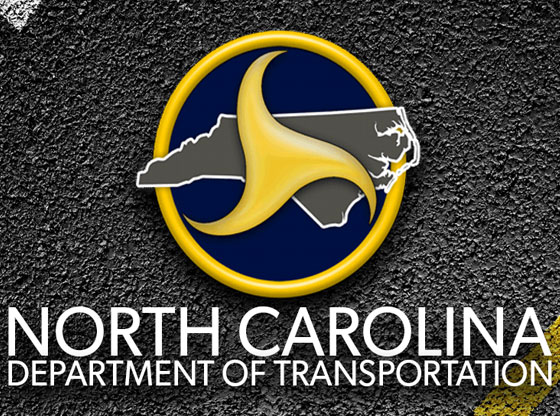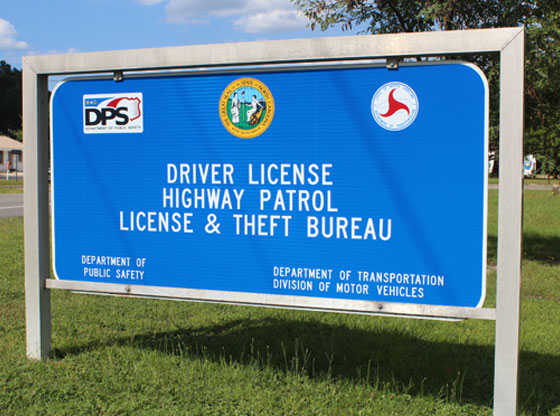Thousands of North Carolina parents with school-age children will soon begin receiving additional assistance to purchase food through the Pandemic Electronic Benefits Transfer Program, or P-EBT, which has been renewed for the 2020-21 school year. The federally funded program, which is administered in North Carolina by the N.C. Department of Health and Human Services in partnership with the Department of Public Instruction, was launched with school closures last spring.
The P-EBT program helps families purchase food for children whose access to free and reduced-price meals at school has been impacted by the COVID-19 pandemic. The program provides a benefit on an EBT card that can be used to buy food at authorized food and grocery retailers, including most major grocery stores.
Eligibility for the program largely mirrors the requirements for the National School Lunch Program – school participation and family income thresholds – but to qualify for the P-EBT benefit, students must also meet a remote-instruction requirement during each month of eligibility. The per-child benefit will vary depending on the number of days spent in remote learning, with students who’ve been learning remotely for the majority of each month receiving the maximum amount.
Superintendent of Public Instruction Catherine Truitt said she’s glad the Department of Public Instruction is able to provide critical support to ensure that families receive much-needed assistance.
“Many families are struggling to make ends meet,” Truitt said, “and we know that students now face day-to-day challenges with their learning, mental health and other difficulties. Hunger shouldn’t be one of them. The P-EBT assistance should help alleviate that.”
State Board of Education Chairman Eric Davis said the additional nutrition program is a key component of statewide efforts to help students begin to recover from the many months of a pandemic that have limited face-to-face instruction for thousands of students.
“Remote instruction can’t match the effectiveness of in-person learning,” Davis said, “but whether students are in school or at home, they can’t learn if they haven’t had a nutritious breakfast or lunch.”
While the P-EBT program is intended to fill the gap for students learning remotely who would otherwise receive free or reduced-price meals at school, DPI School Nutrition Director Lynn Harvey notes that schools will continue to provide meals to all children 18 years old and younger, regardless of income eligibility, through the end of June, because of federal waivers.
“Even prior to the pandemic, North Carolina was one of the top 10 states in the nation for food insecurity; one of the top eight states for child food insecurity,” Harvey said. “We know the impact of these difficult conditions – loss of household income, loss of home, loss of stability. We know what that’s meant for many of our families. So, P-EBT is going to be another critical safety net.”
Families do not need to apply for P-EBT. Eligibility criteria are based on requirements from the U.S. Department of Agriculture. A school-aged child is eligible if their school participates in the National School Lunch Program and the student is eligible to receive free or reduced-price meals during the 2020-21 school year. Also, the student’s school must have been closed or has been operating with reduced attendance for at least five consecutive days during the 2020-21 school year as a result of COVID-19. The student must also be learning in a fully remote (all virtual) and or in a hybrid (combination of virtual and in-person) learning mode during the month of eligibility.
The P-EBT benefits will be provided through the current EBT system. EBT is an electronic system that replaced paper food stamp coupons with a card that is like debit card. Pandemic Electronic Benefits (P-EBT) provides a benefit on an EBT, or Electronic Benefits Transfer, card. The P-EBT card functions like a standard EBT card. The P-EBT card can be used to purchase food items at EBT authorized retailers, including most major grocery stores.
Eligible families already receiving Food and Nutrition Services (FNS) benefits will receive an additional benefit on their existing EBT card. Eligible families who do not have an FNS or P-EBT card will be mailed a card.
P-EBT benefits received starting this month will be for the months of August to December 2020 for those students who are eligible. Those who do not have a P-EBT card and are eligible during these months should anticipate receiving their cards in February or March. The total amount of P-EBT benefits put on a card will not be received at one time; benefits will be spread out over several days to avoid overwhelming those stores that accept EBT. P-EBT benefits will be issued retroactively in a monthly issuance starting in March as long as the child remains eligible.
For more information about P-EBT eligibility, about the program, who is eligible, and how families will receive the benefit, please visit www.ncdhhs.gov/PEBT.
Contributed.

















